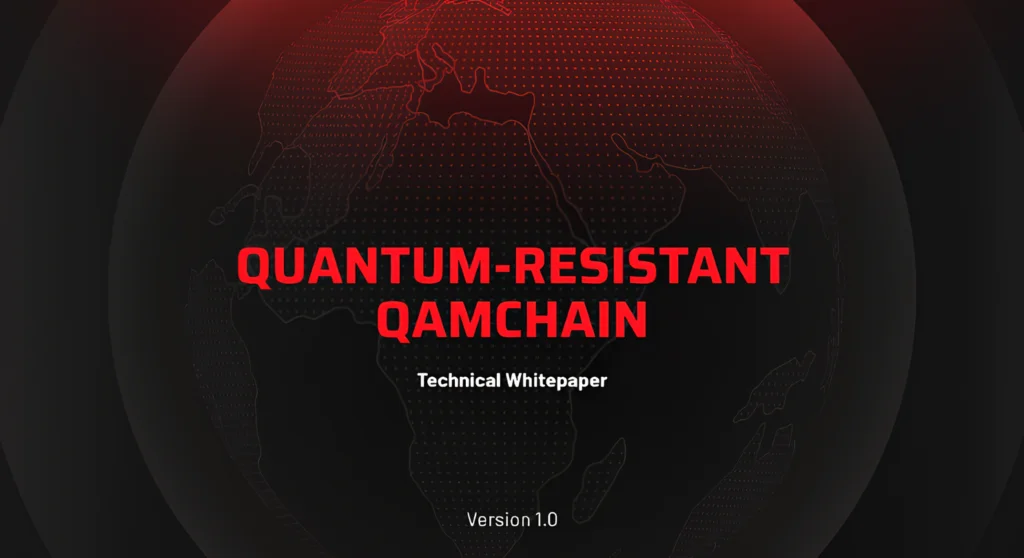
Regional Innovators
Throughout their history, the Baltic countries — comprising Estonia, Latvia and Lithuania — have been through many hardships: invasions by the Teutonic knights and Russians, then occupation by the Soviets. This, however, has never seemed to dampen the spirits and determination of the people in the Baltic regions, and they show themselves, especially the Estonians, to be one of the most technologically innovative regions in Europe. With a combined population of just under six million, it’s minuscule compared to the populations of the much larger countries that surround them.
According to the EU report European Innovations Scoreboard 2020, where countries were scored for their entrepreneurial tendencies and ease of doing business in four categories: ‘Innovation Leader’, ‘Strong Innovator’, ‘Moderate Innovator’, and ‘Modest Innovator’, both Lithuania and Latvia came out as moderate innovators, whilst Estonia trumped it, gaining the title of a ‘strong innovator’ within Europe. Estonia’s inclusion there, joining the likes of France, Portugal, Germany, Ireland, Belgium, and Austria is no surprise: possibly the most advanced digital society in the world, e-Estonia, as it’s often called in the media, is famous for bringing in a high-tech national ID system in 2002, long before many other countries.
Though somewhat behind their northern neighbour in terms of technology, Latvia and Lithuania are catching up, slowly.
One area where Estonia is punching well above its weight is in quantum information science (QIS). Estonia, amazingly, can brag of being the home base to one of quantum computing’s most cutting-edge startups, Ketita Labs. Quantastica, of Finland, also has an Estonian office. For a country of just 1.3M people, this is hard to believe but something the tiny nation should be very proud of.

“Estonia has a very startup-friendly business environment for entering into the European market. We offer e-residency so that entrepreneurs can do business remotely using Estonian e-services and we now have 65,000 new e-residents and 7,000 companies.”
— Maarika Truu, Head of Startup Estonia
In fact, Estonia should be even prouder, along with Latvia, with the founding of QBaltic, the first quantum computing (QC) startup in Latvia with ties to Estonia, too.
Based in Riga, the capital of Latvia, QBaltic started life in 2019 with a goal to ‘develop algorithms for quantum computing, quantum cryptography and artificial intelligence’. With roots as a corporate spin-off at the University of Latvia, the University of Tartu, Estonia, and QuBalt — a leading provider of quantum-and-cryptanalysis-secure cryptographic solutions from Germany — QBaltic intends to transform its research findings into a commercially viable IP and patent portfolio.
QBaltic
With a core team of researchers from the University of Latvia with nearly 400 publications and close to 13,000 citations to their name, QBaltic can also rely on research expertise in cryptography and information theory from the University of Tartu and industry smarts from QuBalt. Led by the startup’s co-founder Uwe Resas, QBaltic is definitely heading in the right direction.
Will they soon be able to compete with, or at least complement, the terrific work of Ketita Labs and Quantastica, quantum pioneers in the region?

Whatever the outcome, the industry is growing, and will continue to grow from this day forward with the help of QBaltic and other startups like it.
If you found this article to be informative, you can explore more current quantum news here, exclusives, interviews, and podcasts.
















